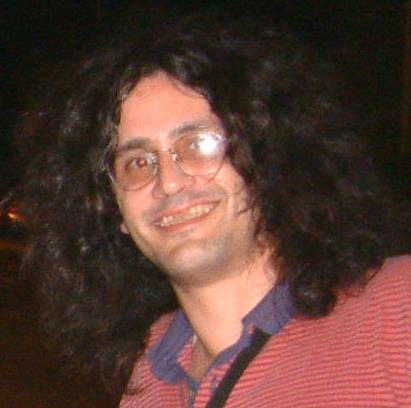
The Voice of the People
... or at least my own

|
... or at least my own | ||||||
August 8, 2002
|
Shall our diplomatic posts be sold then to the highest bidder, so that the government can find a new source of funds, like the French Ancien Regime before the Revolution? The argument presumes that diplomacy involves the private sector only in shows of sporting events between nation states that are supposed to develop "common ground," or to break the ice. But Ping-pong matches with China did not provide warm relations. Using Chinese companies as sources for cheap imports was what thawed the cold. Corporations and private interests have been the heart of foriegn policy since this nation began. The break with Great Britain was influenced largely by a desire for commercial separation. Indian lands were desired by the private interests of land hungry white farmers and speculators. The Mexican War was provoked by the private desires of land and wealth which would come from West of the Mississippi. Latin American and African relations were always conducted by the stewards of American companies, who owned the land or controlled the finances which lent money to businesses, and who funded paramilitary organizations to eradicate undesirable protests. Relations with the middle east, the Far East, and Indonesia were (and still are) "given" to the petroleum and chemical industries. If anything, public diplomacy has been determined by private interests in the United States for the entire duration of its history. Mr. Holtzman makes the following statement in conclusion, claiming that "Instead of a new government agency, President Bush should urge the private sector to become more involved in cultivating nongovernmental relations between Americans and the Middle East. Perhaps a center could be established that would coordinate sporting events, cultural and educational exchange, technological and medical training and other activities aimed at engaging ordinary people -- particularly the young -- in more dialogue and interaction. The best way to practice public diplomacy is through ordinary people. In many cases, only private actors have the credibility to make a difference." Although laudable in intent, the author ignores the very problem of the current diplomacy with the middle east ... and that is that the economic interests of multi-national corporations determines public policy decisions. What would a cultural center do to change this? The "private actors" have been determining the rulers and financing the military dictatorships. Could someone explain what "credibility" these private interests have that is supposed "to make a difference"? Although the language is well intended, this seems like letting the Gestapo run the police forces while anticipating cloisters of monks. Gino Napoli 490 31st Avenue # 204 San Francisco, California 94121 High School Math Teacher Terra Nova High School Pacifica, California jonsdarc@mindspring.com home: (415) 751 - 1499 |